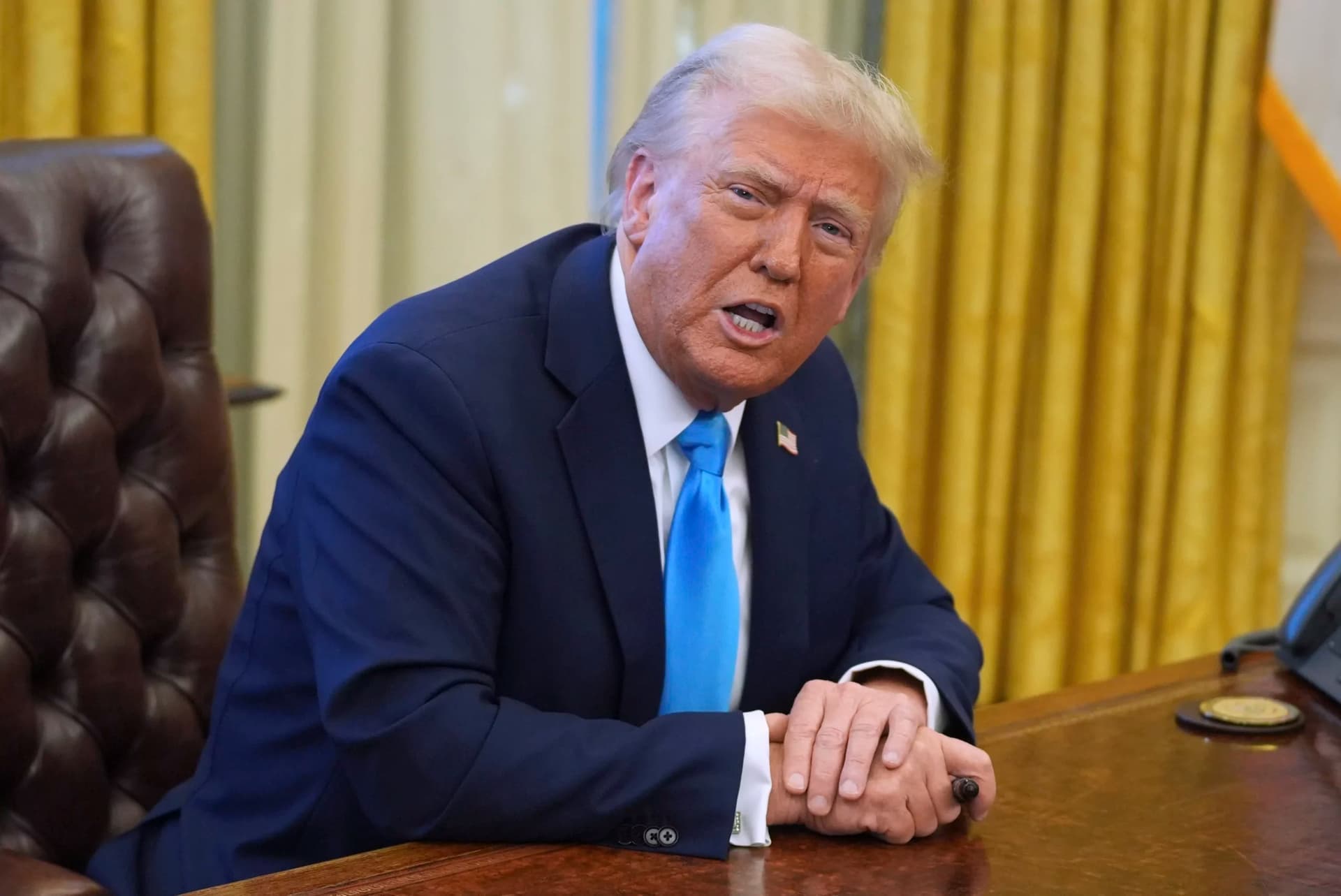Justice Department Defends Trump Removal of AP From Oval Office Access
On November 24, 2025 the Justice Department told the D.C. Circuit that President Trump lawfully revoked the Associated Press's permanent press pool access to the Oval Office and other non public White House spaces. The appeal challenges a district judge's finding that the move was retaliatory and raises broader First Amendment questions about executive control of non public event spaces and the protections against viewpoint based exclusions.

The Justice Department told the U.S. Court of Appeals for the D.C. Circuit on November 24 that President Trump acted within his authority when the White House removed the Associated Press from permanent press pool access to the Oval Office and other non public areas. The government appealed a federal judge's preliminary injunction ordering restoration of AP access, after that judge found the restrictions amounted to retaliation following the news agency's refusal to adopt the White House's preferred naming for the Gulf of Mexico.
At argument before a three judge panel, a Justice Department attorney urged the court to uphold a broad view of executive discretion over who may enter non public spaces and who may be counted among those selected to cover the president at private or restricted events. The government maintained that the First Amendment does not create a right to special access in settings that are not open to the public, and emphasized longstanding presidential practice of inviting favored guests and select reporters to certain events.
Counsel for the Associated Press countered that once the administration authorized an official press pool, the First Amendment bars excluding an accredited outlet for reasons of viewpoint or retaliation. The AP argued that the district court properly found the removal was motivated by the agency's refusal to comply with the administration's preferred terminology, and that the injunction was an appropriate remedy to prevent government punishment of protected speech.
The appeals panel includes two judges appointed by President Trump who previously granted a temporary pause of the district court order. The panel heard argument on Monday and is expected to issue a decision in the coming weeks or months. The case presents a test of how the Constitution's free press protections apply to the practical mechanics of presidential coverage and the division between public and private presidential spaces.
Legal scholars say the decision could produce a precedent that reshapes press access protocols at the White House and potentially at other executive branch facilities. If the appeals court sides with the Justice Department, presidents could have wider latitude to tailor in person coverage and to exclude outlets from restricted settings without running afoul of the First Amendment. If the court affirms the injunction, the ruling could limit executive power to remove established members of a press pool on what courts deem to be impermissible, viewpoint based grounds.
Beyond immediate legal consequences, the dispute carries symbolic weight for media freedom and for international perceptions of democratic norms. Press organizations around the world monitor how U.S. courts balance executive prerogative with protections against government punishment of the press. Whatever the D.C. Circuit decides, the litigation is likely to move eventually to the Supreme Court, setting up a potential national ruling on the boundaries of executive control over who covers the presidency.


